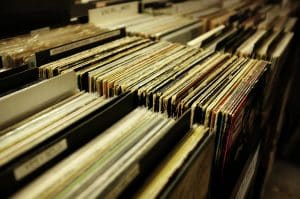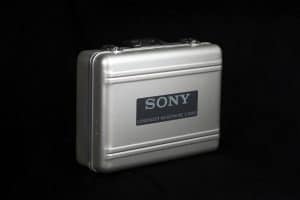Voice Over Sydney: When the earliest inhabitants of Fiji arrived 3500 years ago, they brought with them the language of the homeland they had set sail from – an island in Vanuatu, or possibly the Solomons (but certainly not Africa!)
That language has changed and splintered over the years into a multitude of different ‘communalects’ now numbering more than 300. This is because language divides naturally as people spread out, and there may have been some additional input from more recent immigrants from other islands lying to the west.
Voice Over Sydney: Fijian Communalects
The Fijian ‘communalects’ belong to the enormous Austronesian language family, which means they are related to thousands of other languages spanning the globe from Malagasy in the west to Rapanui (Easter Island) in the east, from Aotearoa (New Zealand) in the south to Hawaii and Taiwan in the north. The family includes such important national languages as Tagalog (Philippines) and Malay. After Fiji had been settled, the flow of population continued north and east. The languages of Polynesia (such as Maori, Tahitian, Tongan, Samoan and Hawaiian), the language of the tiny island of Rotuma to the north of Fiji, and of course their speakers, all originated in Fiji more than 3000 years ago. These relationships can be clearly seen in the following table of selected words.
The early missionaries had a keen appreciation of the importance of using local language in their work, and by 1840 had already devised an excellent spelling system for Fijian as well as published a number of books in different ‘communalects’. When the need for a standard language became apparent, they selected the language of Bau, the tiny island off the south-east coast of Viti Levu which was, and in some ways still is, the seat of the major power in Fijian politics. Nowadays the spoken Fijian of the towns and the Fijian used in books and newspapers are both known as ‘Bauan’, even though neither is quite the same as the language of the island of Bau.
While many of its Pacific relatives, such as Hawaiian and Maori, have been struggling for survival, Fijian has never been in serious danger of extinction, even though it was ignored for a long time in schools. The vast majority of Fijians have always used it as their everyday language, and most Indians understand at least some. In rural communities like Levuka, Taveuni and Savusavu, the Indians all speak Fijian fluently. In general, however, English is the lingua franca in Fiji.




